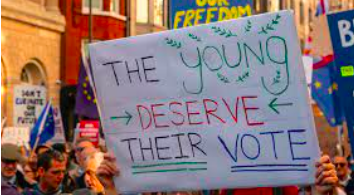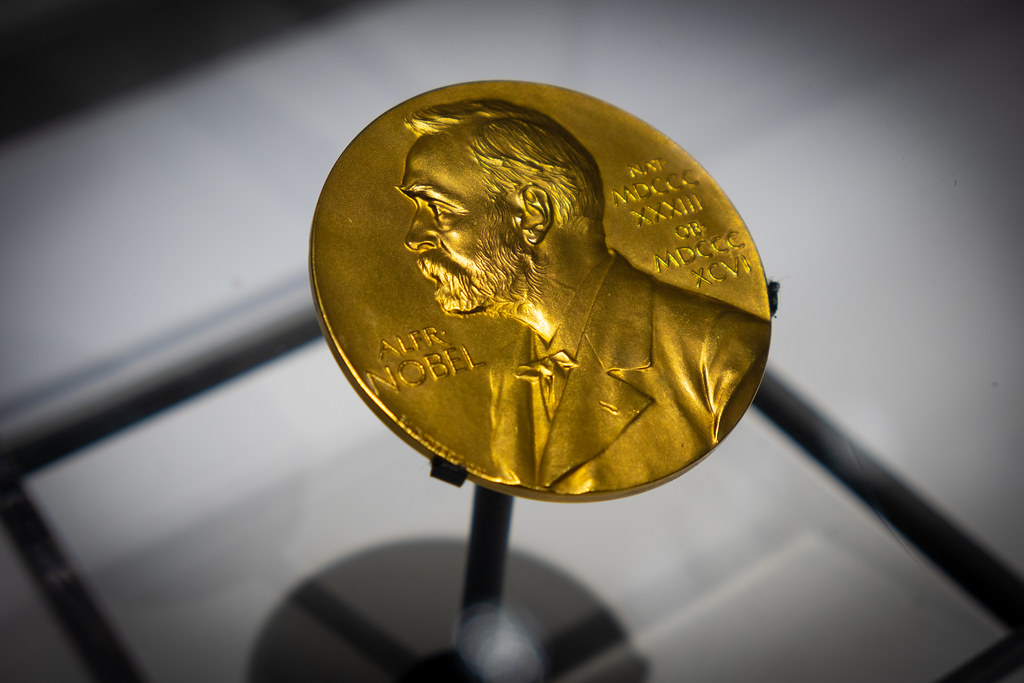Voting is something that is seen as a marker of coming of age, especially in the US, where the federal legal voting age is 18. While 18 is a common voting age around the world, some countries, such as Scotland, Brazil, Austria, and Ecuador have a voting age of 16, whereas others such as Indonesia, Sudan and Greece have an age of 17. Some are even higher, with the United Arab Emirates being the oldest, at a voting age of 25 (From the ACE Electoral Knowledge Network).
Voting age, however, does not always correlate with when an individual is viewed as an adult in their society, and certainly does not correspond with when the brain is fully developed. According to the University of Rochester, “The rational part of a teen’s brain isn’t fully developed and won’t be until age 25…recent research has found that adult and teen brains work differently. Adults think with the prefrontal cortex, the brain’s rational part. This is the part of the brain that responds to situations with good judgment and an awareness of long-term consequences. Teens process information with the amygdala. This is the emotional part.” When applying this knowledge to voting age, especially in our country, we begin to notice that teens and very young adults (ages 18-24) potentially vote with an emotionally charged interest.
How appealing or popular something seems on social media can quickly affect who or what teens and young adults support. Evidence based information may be lost if not packaged in the right way to this audience.
This is not to say that the voting age should be raised, but more so to point out that the development of the prefrontal cortex is a key aspect in decision making. Politicians need to shift their way of campaigning to appeal to the new generation of voters, such as through social media outreach and on apps where older teens and young adults often reside. This approach might make them seem more relatable, approachable and accessible to their younger, emotionally driven audiences, and can get their messages out in a positive way. So what will this mean for our voting future? In order for young voters to get just as much of an accurate and equal voting experience as older, developed voters, they must receive genuine, accurate, and logically driven testimonies from politicians.








